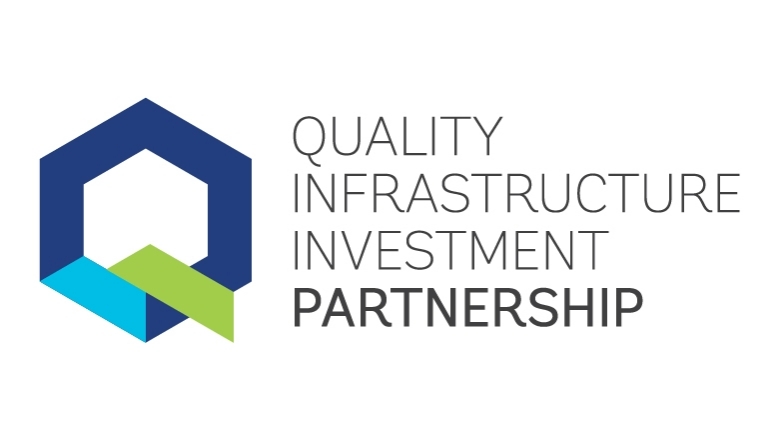The Quality Infrastructure Investment (QII) Partnership, a collaborative effort between the World Bank and the government of Japan, was established in 2016 to provide grant support to incorporate the QII Principles in World Bank infrastructure projects in developing countries and raise awareness of the quality dimensions of infrastructure.
Activities financed by the QII Partnership
- Integrate the QII Principles into World Bank-supported infrastructure projects in the preparation and implementation phases
- Support research, analyses, and other activities that advance global knowledge of QII
- Promote the QII Principles through short-term interventions
Applying the QII Principles in practice
- Maximizes the economic impact infrastructure investments
- Supports low-carbon growth through decarbonization and transitions to net-zero
- Facilitates digital transformation and the effective use of data in infrastructure
- Reduces both the impacts of climate change and the contribution of infrastructure to harmful emissions
- Strengthens infrastructure governance by fostering openness, transparency, and efficiency in infrastructure procurement and management
Tapping into Japanese experience
Japan is a global leader in promoting quality infrastructure investments. The QII Partnership benefits by collaborating with world-class experts, leveraging Japanese experience in implementing activities, and disseminating knowledge about QII. The QII Partnership works with the Japan International Cooperation Agency, the University of Tokyo, and other Japanese partners.
Achievements
Through our efforts, the QII Principles are being mainstreamed and are shaping infrastructure investment projects in 75 countries across all regions. The QII Partnership also works in numerous infrastructure sectors, including digital technology, energy, transportation, urban infrastructure, and water. It also addresses cross-cutting themes such as climate change, gender, debt sustainability, and governance.
Applying the QII Principles













